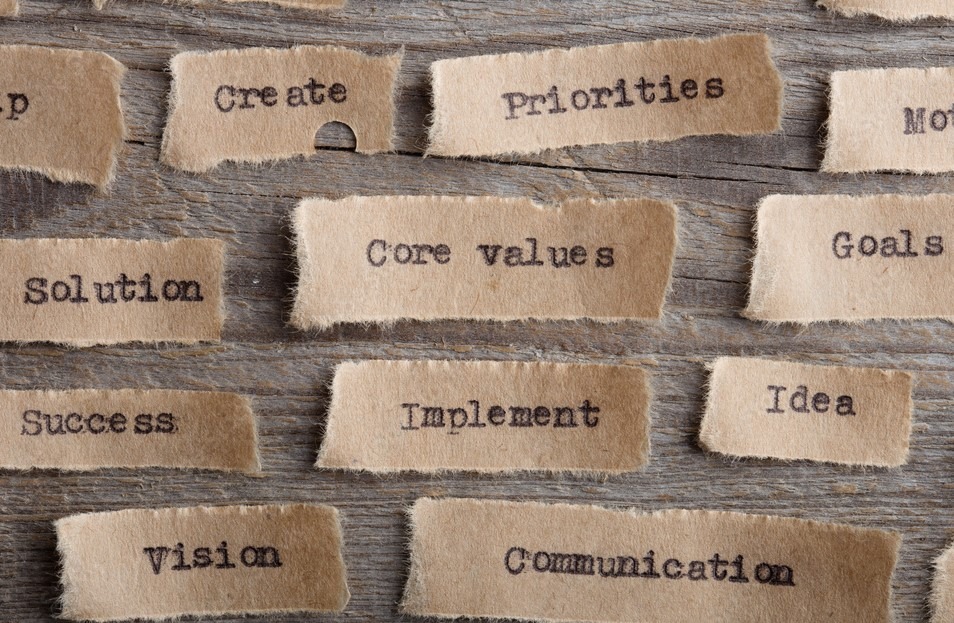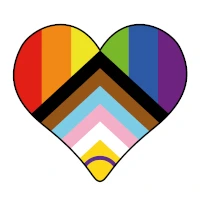Decisions, decisions… Life is full of them. Big ones, small ones, and all sizes in between. In therapy, people experiencing pain and confusion often beg the question that nobody can really answer for them: “What should I do?”. Psychologists’ traditionally indirect responses can be understandably maddening for those who are in a place of subjective helplessness. Hearing something like “I can’t be the one to tell you that” can layer feelings on top of already complex feelings.
Psychologists are not intending for these replies to be a form of gameplay or abandonment, however. In truth, they are posing several invitations to the client asking the question. One invitation is to slow down and explore, together, the depths of that person (i.e., foster self-awareness). Another is to ensure the process of decision-making is at least as meaningful as the outcome itself. The journey vs. destination motto has merit: Swiftly getting to an end by disconnecting from ourselves isn’t truly living. A third invitation is for the question-asker to take an active, rather than passive, role in their own life. Such full engagement helps to foster feelings of confidence in one’s competence. When others make decisions for us that we could have made for ourselves, we really lose out. We lose the opportunity to credit ourselves with any success that follows, or to learn and grow from any missteps.
There are innumerable things in this world over which we uncomfortably do not have control. Showing up fully to those over which we do is critical to fostering healthy self-esteem and meaning in our lives.
Vitality through Values
The more closely our decisions align with our values, the more likely we are to, simply put, “feel good.” The bigger the gap between our everyday choices and our values, the more prone we are to experiences of anxiety and depression. But before we can embody our personal values, we must unearth what they are. And before even that, it’s important to understand the general concept of values more fully. So, let’s back up a bit and start with what values are (and are not).
Values ≠ Goals
Core values are the qualities we are intrinsically motivated to embody as we show up in the world (Harris, 2019). They are chosen guides for our actions—a northern point on our compass of life, so to speak. While values relate to how we want to be across our lifetime, goals relate to what we want to do or have at various points.
Goals are also quite specific, with identifiable ends (e.g., getting a promotion at work, expanding one’s family, traveling to Bali). Values are ongoing and can be upheld in many ways and contexts (e.g., responsibility, growth, love, adventure). As well, goals are something we set out to achieve in the future. Values are generally something we can choose to embody right here and right now, in some form or another. For example, even if one has yet to achieve a promotion, they can still show up as responsible, passionate, intelligent, creative, etc. in other areas of daily living. Conversely, one could achieve their promotion and still not embody their core values (and thus remain unfulfilled). Moreover, if they achieved said promotion through means that ran contrary to their core values, some unhappiness would likely result.
Values ≠ Rules
Although different systems (e.g., religious, political, cultural, familial) operate with their own sets of shared values, core values are deeply personal. They are chosen by us, not for us. It’s very natural for the systems that raise us to influence our core values; however, we typically feel happier when we reflect upon and consciously choose them. Values aren’t necessarily how we believe we “should” be to avoid consequence. Such rules are fear-based and can thus feel restrictive and oppressive. They dim our light. Instead, core values arise from a place of intrinsic want and feel inspiring (Harris, 2019). They simply matter to us, no matter who is (or isn’t) watching.
Personal ≠ Selfish
Note that core values being personal is different from being self-serving or neglectful of others. Rather, enacting our values involves considering all of oneself, others, and the environment, whatever that value might be (Harris, 2019). In other words, you may ask yourself: “As a fly on the wall, what would I see somebody doing (1) while alone, (2) when interacting with others, and (3) when interacting with their environment, which tells me they value X?” As a fly on the wall, we wouldn’t be privy to that person’s thought processes or emotions, only their outward behaviour. This consideration results in practical guidance on how to embody our good intentions, innate wisdom, or core/true/authentic/deepest Self. (Whatever you’d personally like to name that hard-to-describe sensation!)
Values ≠ Emotions
When strong emotions or “Protective Parts” of us (Schwartz, 2021) want to grasp the steering wheel of our lives, we can become misguided. As well-intended as these instincts are, they’re typically more survival-based, conditioned, or fragmented than our core Self. As such, they can cause some serious damage if they become more than passengers in the wrong time and place. By connecting with the values of our core Self, we can better ground ourselves in times of uncertainty or distress. In a sense, the values serve as a northern point on the compass of life when we become temporarily disoriented. They prevent us from totally derailing until the core Self finds its way back into the driver’s seat (in place of extreme emotions and defenses).
For example, imagine going on your first date in years, after a painful ending to a long-term relationship. There may be many “passengers” along for the ride with this new experience. Excitement, fear, curiosity, doubt, arousal, guilt, etc. might occupy the vehicle as various Parts of you react in different ways for different (valid) reasons. As these Parts fight over the steering wheel, unsure of which direction to take, you become increasingly at risk of swerving into oncoming traffic…
One Part might push you to “test” your new date, coming across as cold and uncaring when you’re actually quite interested. Another Part might want you to have very fluid of boundaries, oversharing or engaging in people-pleasing behaviours to your own detriment. Other Parts might want to cancel the date entirely to binge Netflix with a tub of ice cream and your pet, or call your ex, or show up to the date loud and proud. There exist infinite possible combinations of reactions. Hence the value of knowing your core Self.
Uncovering said Self and connecting with its values is maybe the hardest part of the process (enter: mindfulness). Once that connection is forged however, life becomes a little easier… Continuing on with the above example: In any given moment leading up to, during, and following your date, you could ask yourself: “What it would look like to have “value X, Y, or Z” in the driver’s seat right now?” Notice the difference between emotions and values. Imagine what it would feel like to pass the steering wheel off to a Part experiencing strong and fluctuating emotions like desperation or resentment. Now imagine entrusting it to the Self, who steadfastly values something like growth, adventure, and safety.
The pictures we form upon asking this question will vary from person to person. They’re deeply personal, as are our definitions of the values themselves. Equally as personal, is the choice to act on our findings (or not). We never need to justify our values; however, we may at times need to justify our actions (Harris, 2019).
Values ≠ A Perfect Formula
Of course, life is not so black and white that we could have a perfect formula for navigating it. Our core values function as helpful guides, as opposed to a means of controlling and predicting outcomes. Like a compass, they give us a direction to go. We still have to take actions to move ourselves in that direction, and we’ll encounter obstacles along the way. Sometimes those obstacles can even be our other values! Some common conflicts for example, are ones such as passion and family (think: affairs), safety and loyalty (think: abuse), and growth and comfort (think: anything!). Time and experience bear major influence on our values. Eventually however, a core set emerges that is pretty steadfast. Given our human limitations, it’s helpful to know these non-negotiables so that we can prioritize them as recipients of our energy.
We’re Here to Help
As personal as values are, it can be helpful to have a companion as we unearth them. If you’d like some additional support in exploring and refining your values, Unstuck’s Psychologists would feel privileged to help! Connect with one soon, by emailing [email protected] or phoning 780-784-8825.
Shayla Drewicki, MC, RPsych
References
Harris, R. (2019). ACT made simple: An easy-to-read primer on acceptance and commitment therapy. New Harbinger Publications.
Schwartz, R. C. (2021). No bad parts: Healing trauma and restoring wholeness with the internal family systems model. Sounds True.











